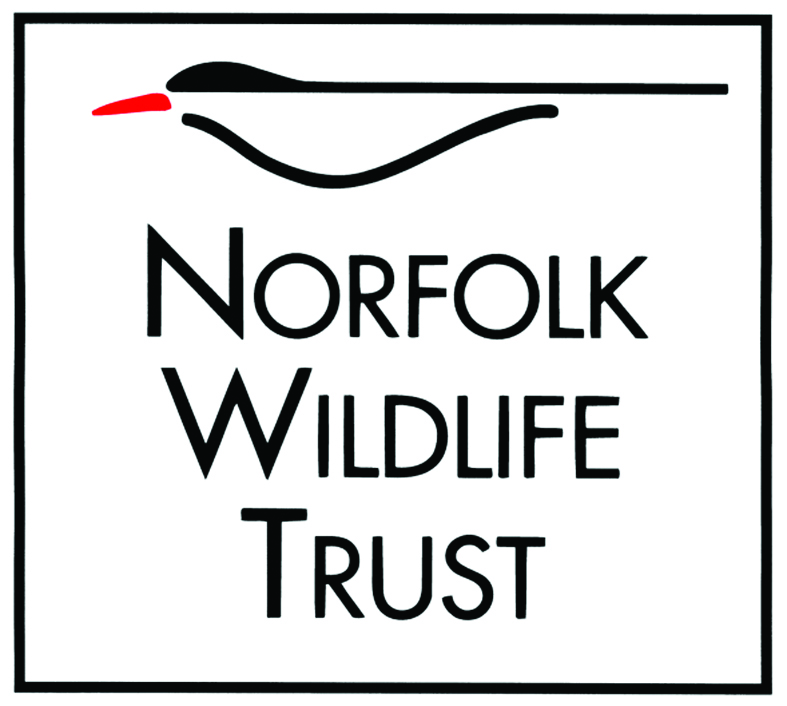The letter has also been signed by various river, water and wildlife charities including The Rivers Trust, Angling Trust, River Action, Wild Trout Trust and The Wildlife Trusts. The letter leads on from the March for Clean Water earlier this month, when over 15,000 people including charities, campaigners and celebrities gathered in London calling for Government action to improve the health of rivers, lakes and seas.
We're writing today to urge the UK Government to integrate enhanced protections for chalk streams into reforms to the National Planning Policy Framework (NPPF). During the Government’s consultation on proposed changes to the NPPF (30th July – 24th September), more than 700 people urged action on protecting chalk streams.
The majority of the world’s chalk streams – around 85% – are found in England, and approximately 10% of these are found in Norfolk, which makes the county globally important for this rare habitat. Of the 220+ chalk streams found in England, only 11 have any legal protections.
Chalk rivers in Norfolk include the Rivers Bure, Glaven, Stiffkey, Burn, Heacham and Gaywood, but the longest, biggest and most significant is the River Wensum, which runs through Norfolk Wildlife Trust’s Sweet Briar Marshes nature reserve and forms a vitally important corridor that helps wildlife to move through the county.
We argue these measures fall far short of what is required to sufficiently protect chalk streams, especially from indirect pressures, such as pollution that occurs elsewhere in a river’s catchment, or abstraction to provide a water supply for new housing. There is currently no formal plan to protect or restore English chalk streams, with the fate of a 'Recovery Pack’ in development under the prior Government currently unclear.
Helen Backzkowska, our Nature Recovery Manager, says: ‘Our chalk streams should be crystal clear and bursting with life, home to incredible creatures including salmon, water voles, white-clawed crayfish and kingfishers. They are not just important in their own right, chalk rivers such as the Wensum create vital corridors for wildlife, helping creatures such as otters, birds and bats to move through the landscape.
‘But like all our rivers, they are under threat. From pollution, over abstraction and developments such as the Norwich Western Link road. As one of the rarest habitats in the world they should have the same protections as our ancient woodlands but, like all our rivers, they have been let down. Having lived on the banks of chalk rivers during my life, I have seen the tragic impact of years of damage and pollution firsthand. We really must bring in powerful new protections to restore our chalk streams now, whilst there is still a chance to restore them to their former glory.’
Debbie Tann MBE, Chief Executive of Hampshire & Isle of Wight Wildlife Trust, says: “The Water (Special Measures) Bill and the recently announced Independent Commission into the water sector are crucial steps in the right direction. However, the Government must deliver on these commitments and integrate a holistic approach to protect our chalk streams across all Government activities. With some of the most iconic chalk streams in the world right here in Hampshire, I have witnessed first-hand their tragic decline due to insufficient protections. We cannot wait any longer for them to be restored to health.”
Joanna Lewis, Chief Executive of Wiltshire Wildlife Trust, says: “The UK can be proud of the international importance of our chalk streams for biodiversity: they are our Great Barrier Reef, our Okavango Delta. But they urgently need bespoke legal protection to ensure they don’t suffer irreparable harm, and we urge you to take the opportunity of your planning reforms to achieve this.”
In the letter, we recommended a series of amendments to the NPPF to boost the ambition of key policies, and to ensure the internationally agreed target to protect 30% of inland waters for nature by 2030 is achieved. These policy recommendations include:
-
Designating chalk streams and chalk stream catchments as irreplaceable habitats
-
Introducing 50-100 meter ‘no development’ buffer zones
-
Mandating planning authorities to account for implications for water resources of sewerage systems in local plans
Only 15% of UK rivers are in good ecological health and the charities suggest that sufficiently protecting chalk streams is essential for achieving nature recovery targets from the Environment Act (2021).
